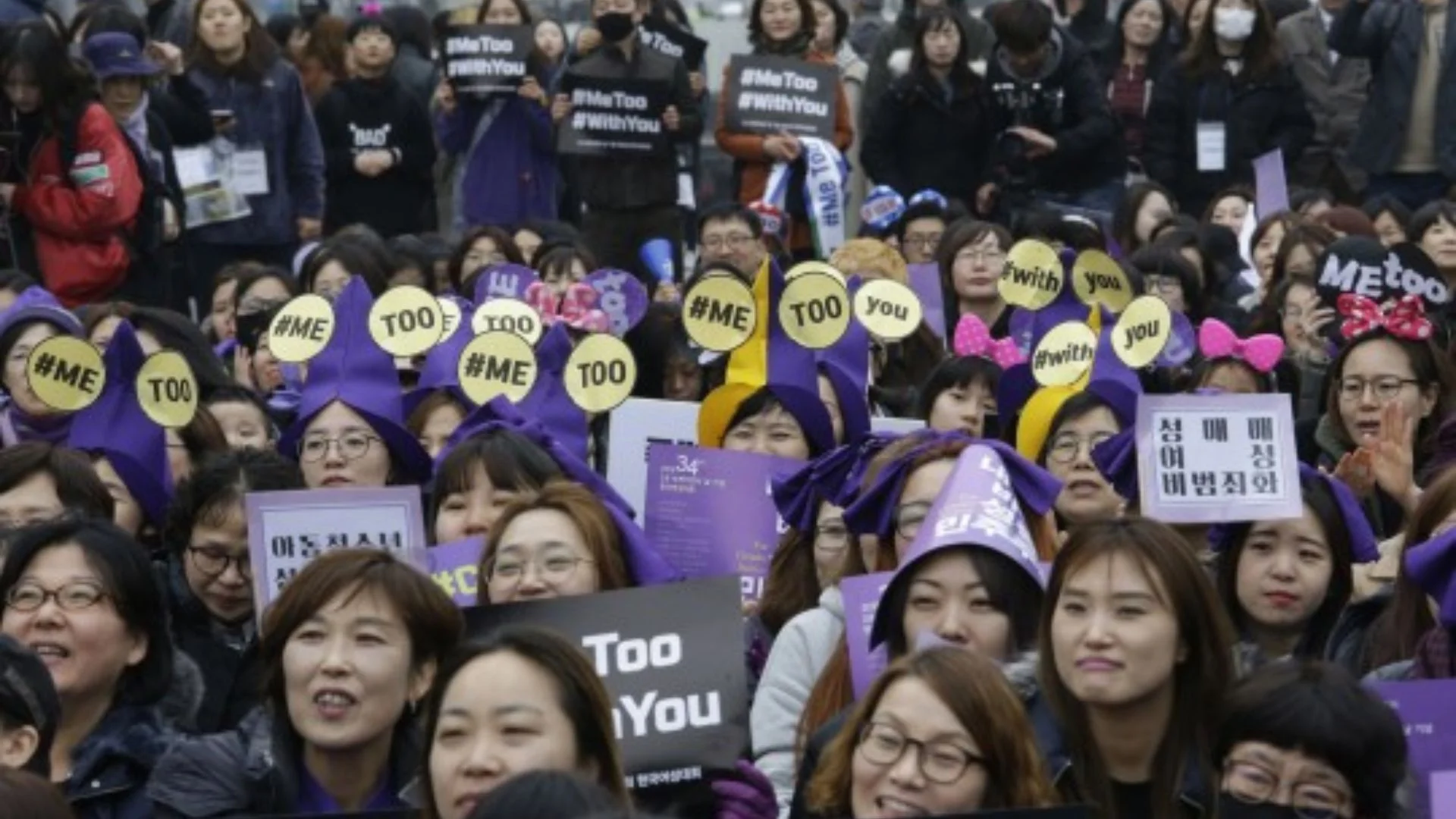Women Demand Action Against Digital Abuse
In a resurgence of protests echoing the #MeToo movement, South Korean women are again taking to the streets of Seoul to demand an end to sexual exploitation. This time, their anger is directed at the rise of deepfake pornography, a troubling new form of abuse targeting women and girls. Juhee Jin, a 26-year-old women’s rights advocate, expressed frustration at the delayed response to this issue, hoping for stronger preventative measures and education to combat such crimes.
Deepfake Pornography Cases Surge in South Korea
South Korea’s National Police Agency reported investigating over 500 deepfake pornography cases, a 70% increase in just 40 days. The digital abuse, in which women’s faces are superimposed onto explicit images without their consent, has become a growing epidemic. Victims, often young women and girls, face severe emotional trauma, while the country struggles to curb the misuse of technology in exploiting women.
The perpetrators are frequently minors, with recent reports revealing that 79% of those detained for such crimes were teenagers. Massive online groups on platforms like Telegram, some with over 400,000 members, have further intensified the issue by sharing and creating deepfake pornography.
Government Under Pressure Amid Global Spotlight
South Korea, known globally for its cultural influence, now grapples with a tarnished image as the world’s hub for deepfake pornography. Over half of the women featured in these deepfakes are South Korean celebrities, highlighting the severity of the issue. The government has launched investigations and is pushing for tougher laws, but critics argue that these measures are insufficient to address the deeper societal issue of gender-based violence.
While the prime minister blamed the crisis on rapid technological advancements, activists and women’s rights groups emphasized the need for gender equality to combat the deeply rooted misogyny driving this problem. South Korean schools are also feeling the effects, as both students and teachers live in fear of becoming the next victims of digital sex crimes.










